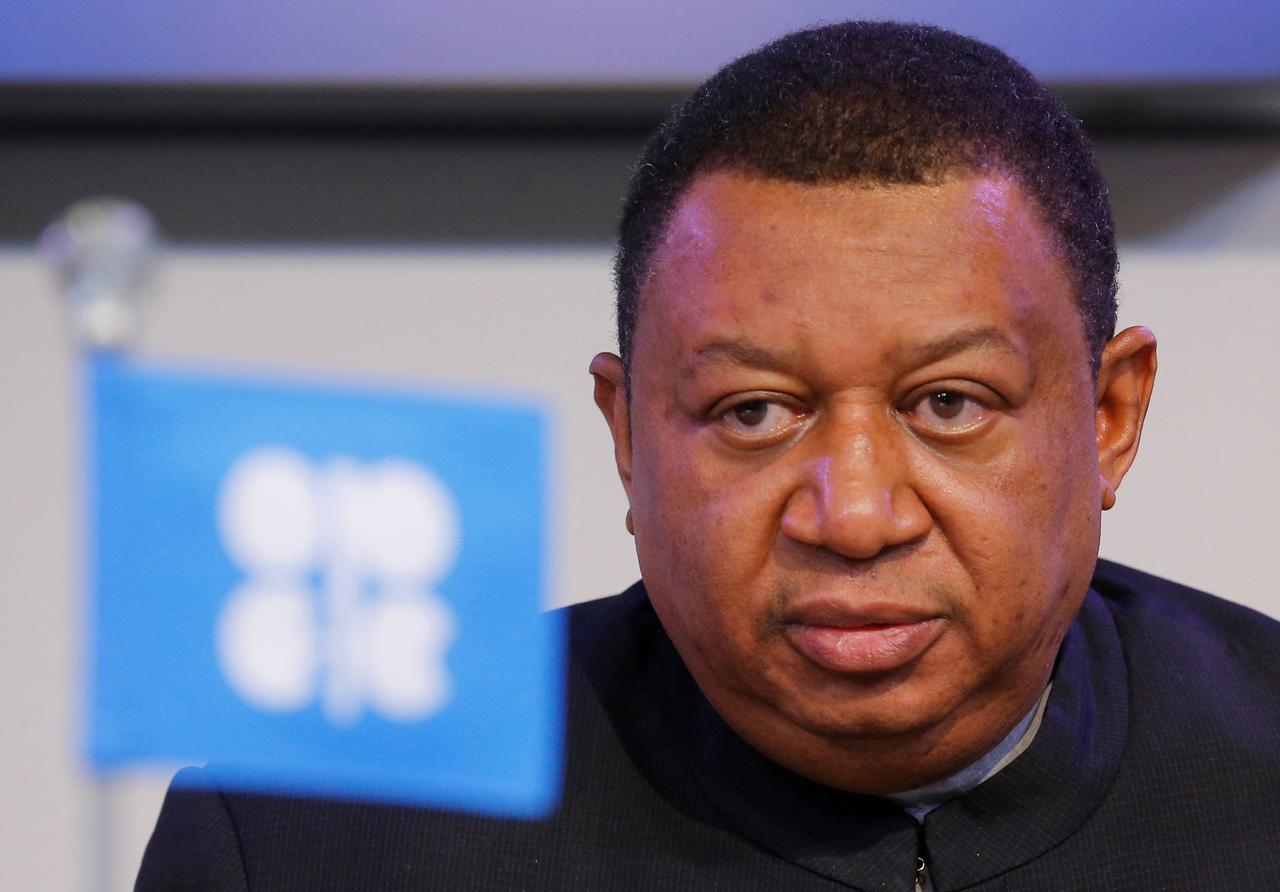BUSINESS
Nigerian crude oil export earnings rebound by 116% in November – OPEC

The Organisation of Petroleum Exporting Countries (OPEC), says the Nigerian Crude oil export earnings rebounded by 116 per cent in November against 77 per cent in April 2020.
The OPEC Secretary General Dr Mohammad Barkindo disclosed this at the Virtual 19th Nigeria Oil and Gas Conference on Tuesday.
The Theme of the Conference is ‘fortifying the Nigerian Oil and Gas for Economic Stability and growth.’
He said that the Federal Government should be commended for its proactive measures that had facilitated the rebounding of the Nigerian crude oil export earnings.
“The Nigerian Crude oil export earnings plunged by 77 per cent within three months between January and April 2020, but since then, they have gradually improved and rebounded by 116 per cent in November compared to April 2020 level.
“The government should be applauded for quick and proactive actions,” he said.
He expressed deep gratitude to president Muhammadu Buhari for being an advocate of OPEC in his overarching commitment to market stability.
“All of us in OPEC family know the enormous debt of gratitude we owe President Buhari for the pivotal role he played in the Declaration of Cooperation (DoC) process between OPEC and non- OPEC producing countries.
“Particularly, his intervention at the highest level to secure decisions of the 10th extraordinary OPEC and non-OPEC meeting in April 2020,” he said.
According to him, the decisions were taken in response to the unprecedented demand slump resulting from Coronavirus pandemic.
Barkindo noted that the inspirational leadership, visionary courage and diplomatic judgment of president Buhari was instrumental to bringing together OPEC and non-OPEC member countries and reaching consensus.
He further said that Nigeria would consistently be regarded as one of the most admired and respected member of the OPEC family, particularly in the realm of consensus building.
Commenting on the global economy, he said that the forecast indicated that it would shrink by 4.3 per cent in 2020; all OECD economies are forecast to see a contraction, and all countries in Africa are anticipated to see a drop in GDP too.
“China is the only major economy expected to witness growth in 2020.
“Millions of jobs were also lost as lockdowns took hold, with the OECD seeing unemployment more than double to 10 per cent in 2020 and the commodity market — including oil — virtually collapsed overnight, with demand dropping up to 30 per cent in the lowest moments in April.
“The headwinds we have faced in the oil industry, and as humankind, have at times seemed nearly insurmountable,” he added.
He said that starting from January 2021, participating countries will adjust production by 500,000 tb/d from 7.7 mb/d to 7.2 mb/d.
He noted that in addition, the meeting decided to hold monthly OPEC and non-OPEC Ministerial Meetings starting in January 2021 to assess market conditions and determine further production adjustments on a month-by-month basis.
“The compensation period for over-production by DoC participating countries was also extended until the end of March 2021 to ensure full compensation.
“The oil market responded immediately in a positive manner, with statements made that the actions reinforce the conviction that the DoC is focused on maintaining its steady and stable course through 2021,” he added.




 Davido's Net Worth & Lifestyle
Davido's Net Worth & Lifestyle 
